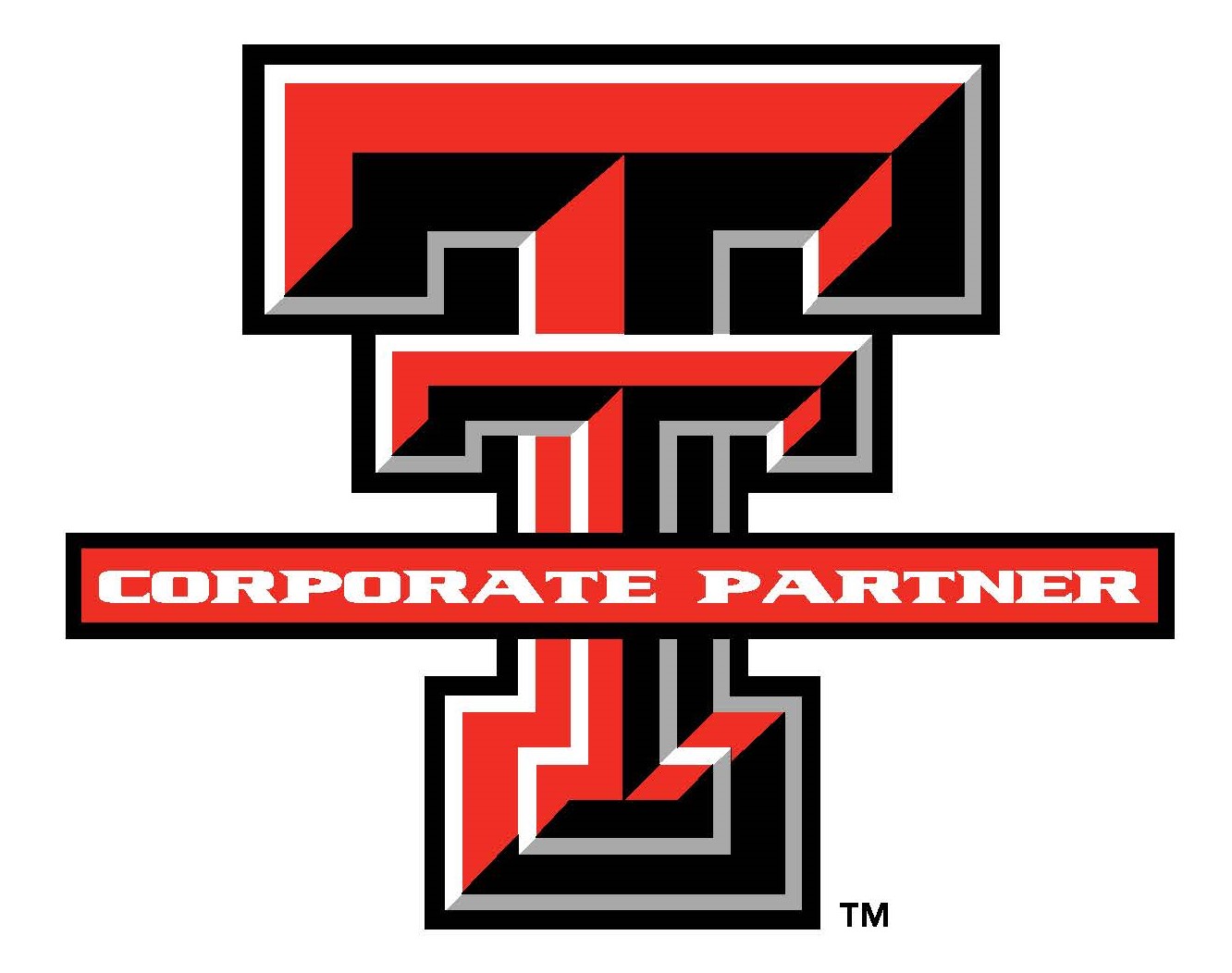Frequently Asked Questions About Our Gridstream Meters
South Plains Electric Cooperative is committed to protecting the privacy and security of our members’ personal information. The Co-op does not sell data to any third party, and never will. Our privacy policies can be found here.
Our new Gridstream meters will collect kWh usage and send it by secured and encrypted data packets back to our office. They will also send a signal if they are disconnected. That’s it. These meters cannot detect any activity inside the home. They cannot be queried to see what how a member is using the electricity. The Gridstream meters only “know” how many kWhs are being used and if the meter is “alive” and active.
Additionally, the data sent is only about kWh usage as detected by the meter. There is no account data such as name, address, credit information, or member number, sent in electronic form from the meter.
Gridstream meters actually afford members GREATER privacy than an analog meter, since a SPEC employee will not need to visit the site of the meter to read it.
It’s extremely unlikely, but not impossible, that someone could access information from the Gridstream metering system. The Gridstream meters allow us to determine if someone tampers with your meter, so we will be able to help protect you. Even if someone were to hack your meter, the “data” is useless to them since it will not include any personal information.
Data from the meters will be sent back to the Co-op office via radio frequency (RF). All humans are continuously exposed to very low levels of both natural and man‐made RF fields. Even the earth’s surface and the human body are constant sources of RF fields. Most humans interact daily with numerous items that emit RF fields: microwave ovens, cell phones, cordless phones, televisions, Wi‐Fi signals, computers, tablets, antennas and receivers, and even household lighting.
The small amount of RF emitted from the Gridstream meter, which resides outside and away from any direct human contact, is well below levels produced by the aforementioned common household devices that the Federal Communication Commission has deemed safe for operation. People press cordless and cell phones next to their own heads and constantly interact with electronic tablets and personal computers for hours.
The exposure from the Gridstream meters is much lower than other common sources for two reasons: the infrequent signal transmission and the distance from human interaction. On a daily basis, the Gridstream meters emit power for less than five minutes per day. In addition, these meters are typically placed outdoors, with a wall separating the meter from the living space.
Lastly, SPEC is operated by people who are also members and receive electric service from the Cooperative. Our board of directors, who approve policies, are also members receiving SPEC electricity. When the board members and Cooperative management approve new equipment and technologies, they do so knowing that they are selecting this choice for their own families.
In summary, research conducted by the Federal Communications Commission (FCC), the Electric Power Research Institute, the Utilities Telecom Council and others has found no negative health impacts from digital meters that send information via RF. Members can rest assured that the metering products SPEC selected underwent testing by an accredited lab to verify that they have met or exceed all FCC requirements for safety.
There have been some claims that digital meters are not as accurate as analog meters. The exact opposite is true. Our old analog meters calculate kWh used by measuring it. The new meters calculate kWH by counting it. That’s an important distinction. Counting offers an exact result instead of the approximate results from measuring. Therefore, digital data is more accurate.
The Gridstream meters we are using follow all performance standards set by the American National Standards Institute. Lastly, our meters are all rigorously tested before they leave the factory and tested again by SPEC employees before they are deployed to the field.
Power bill costs are cyclic, and the highs and lows of these bills generally depend greatly on the weather. On the billing cycle that follows the hottest and coldest months each year, the Co-op receives more high-bill complaints. These are due to increased kWh use, mostly likely by heating and air conditioning during extreme weather. It will be inevitable, over our five-year deployment, that we will change meters out during these months.
There is no extra charge for the new meter, thus, your meter change-out did not increase your bill.
A higher-than-normal bill is likely due to a weather-related event, or even an equipment failure at the residence or business. We absolutely invite and encourage any member that may have a high-bill concern to call us. We’ll schedule a meter test, free of charge.
We recognize that there will be members, for their own personal reasons, who will remain opposed to the Gridstream meter. To accommodate these members, we’ve developed an opt-out structure for them.
For members opting out of receiving a Gridstream meter, there will be a monthly fee of $50 for several reasons: 1) Members opting out will require an atypical analog meter outside of the regular inventory; 2) A Co-op employee will be required to physically travel to the meter location once a month and take a manual reading; 3) There will be additional administration costs to the Co-op to manually calculate and bill opt-out accounts; 4) Because we are a member-based, not-for-profit organization, extra costs are spread across the entire membership. We cannot make other members pay for the additional costs of service to individuals that choose an atypical meter.
For members wishing to opt out, they may order this special service by calling member services, or online here.



